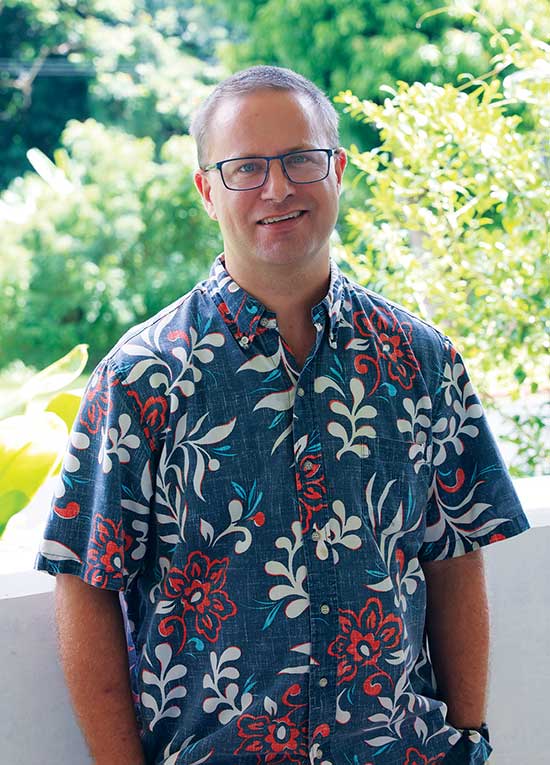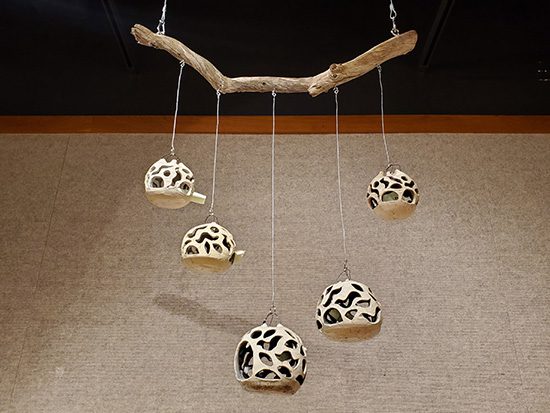
WCC biology professor Ross Langston makes class interesting by teaching mnemonics to memorize body parts and by incorporating fun assignments.
“I assign them (students) a muscle, and they have to find a complementary cut in the butcher shop, cook it and then explain what it does in the body,” Langston said.
Through the years, he has taught various classes and labs in human anatomy and physiology, anatomy of domestic animals, as well as biology. He said he enjoys when his students are interested, prepared and willing to participate by being vocal.
“It’s fun for people to learn about the human body,” he said. “I mean everybody can relate because they’ve all sprained an ankle or broken an arm or something like that … ”
Students commonly take his classes as pre-requisites if they are interested in professions such as pre-nursing or some form of allied health. Careers in the medical field such as nursing “can make over $70,000 a year, so it’s a pretty lucrative career,” Langston said.
Supplies that are required for students to bring to his classes are lab coats and closed toed shoes, but he says “pretty much we supply everything else that they need as far as cadavers and other lab supplies like that.”
Langston has been teaching at WCC since 2004 after graduating with a Ph.D in zoology from the University of Hawai‘i, with a specialty in fish biology. He grew up in Kentucky, but he always had an eye for fish. Trips to the beach and scuba diving got him to see fish up close and really study them for himself.
He had the opportunity to begin teaching at WCC when another faculty member became ill and the college needed a last-minute instructor.
“After doing a few semesters, I really liked it and stayed on,” he said.
Besides his courses, Langston is involved in several committees on campus including the Faculty Senate and the Veterinary Technology Advisory Committee. He is also working on updating his labs and has switched to open access textbooks and lab manuals.
When not teaching, Langston broadens his knowledge through conferences, readings and research. During the summers, he joins colleagues from the Hawaiian Institute of Marine Biology and the Bishop Museum for fisheries-related research projects in areas like Papua New Guinea, Micronesia and Fiji. As part of this research, they offer workshops to villagers and local resource managers “so that they can learn more about the fish they consume and better manage them and not over fish.”
Grants help make the clinics happen.
Langston’s page on the WCC website list some of his publications, professional activities as well as personal interests such as his favorite foods (ribs and grits and sausage and green olives pizza), favorite movies (The Big Lebowski, Lonesome Dove, and Snakes on a Plane), favorite books, (Kitchen Confidential, A Long Way Down, and The Memory of Running), and even his most interesting job (“worked as a kiddie train driver at the Louisville Zoo”).
This last job he did when he was about 16 to 18 years old, and the job consisted of driving in a two-mile loop around the zoo and occasionally practicing a “dangerous animal drill.”
Langston said, “We had to go into this tunnel and shut the doors on both sides in hopes the animal didn’t make it inside.”
by Aisha Borges and Alana Dale, Special to Ka ‘Ohana





